Your basket is empty
Looks like you haven't added anything to your basket yet
Recommended for You
Best selling
Recently Viewed
- Choosing a selection results in a full page refresh.

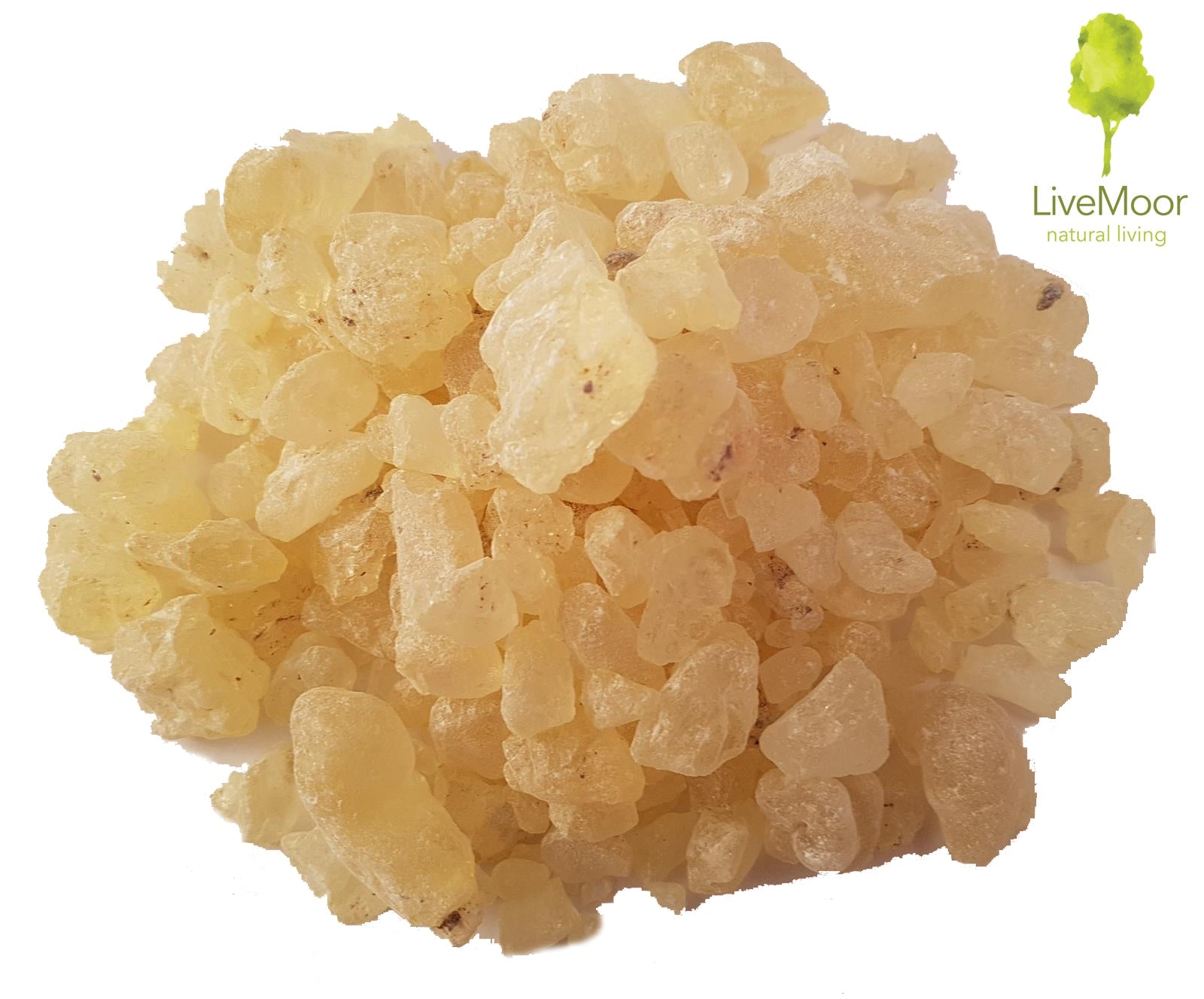
Damar is an aromatic resin mainly secreted by the Dipterocarpaceae family of trees in Southeastern Asia, of which those of the genera Hopea, Shorea and Balanocarpus are the most important commercially. The trees that yield Damars are commonly found in the Malay Peninsula and Sumatra, an island in western Indonesia, but are also sourced from Borneo, Cochin China, Java and Thailand. The main Malayan varieties are Damar Mata Kuching from Hopea micrantha, Damar Temak from Shorea hypochra, and Damar Penak from Balanocarpus heimii. In Indonesia, Batavian Damar from Shorea wiesneri is the main commercial variety. The principal varieties in India are sal Damar from Shorea robusta, black Damar from Canarium strictum, and white Damar from Vateria indica. Most Damar resin is produced by tapping trees, but can also be dug out of the ground in fossilised form. East India resins are produced by the same trees that yield Damars, but are older and harder and are mostly gathered from watercourses or the ground.
Damar ranges in colour from clear to pale yellow, while the fossilised form is grey-brown, but it can be refined into an off-white powder. It is soluble in alcohol and Turpentine, but not water. It has a melting point of approximately 120 degrees Celsius, and is combustible.
Outside Europe, Damar is used as a food additive, functioning as a shiny protective external coating. The Beverages industry also uses it as a clouding agent to make drinks such as fruit juices look more natural and appealing.
In Europe, Damar does not have an E number, so is not authorised as a food additive, but is authorised for use “on plastic materials and articles intended to come into contact with food” - search for “Dammar”]. In the US, Damar "may be safely used as the food-contact surface of articles intended for use in producing, manufacturing, packing, processing, preparing, treating, packaging, transporting, or holding food..." Damar is sometimes mixed with Beeswax and coated onto cloth to make Beeswax wraps.
Damar is used as a glazing agent for candies.
Damar is used in histology, the study of the microscopic structure of tissues. Damar dissolved in a solution of xylene or chloroform is used to mount and preserve thinly sliced biological sections for examination under the microscope.
Damar is used in the manufacture of incense.
Damar is used as an ingredient in lacquers and varnishes that are made by mixing it with Turpentine to form a fine varnish that dries to smooth, clear and hard finish. Damar varnishes are believed to adhere better than Manila Copal varnishes, but are viewed as softer and less durable.
Damar is dissolved in molten Paraffin wax in the batik technique of wax-resistant dyeing, helping to prevent the wax from cracking when it is drawn onto rayon or silk.
The Printing industry uses Damar in coloured printing inks. The Paper industry uses Damar to varnish paper because of its light colour and lustre.
The Art industry uses Damar as a varnish for oil paintings.

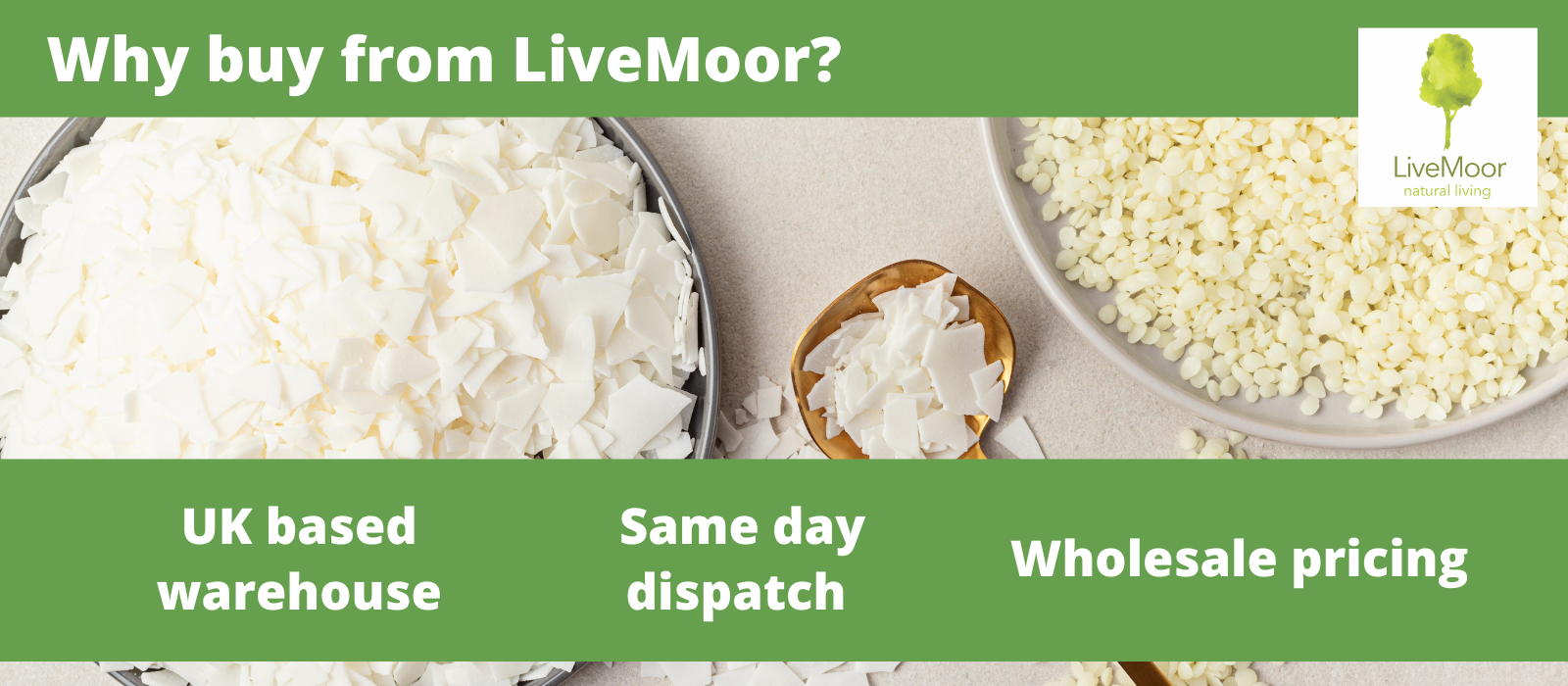
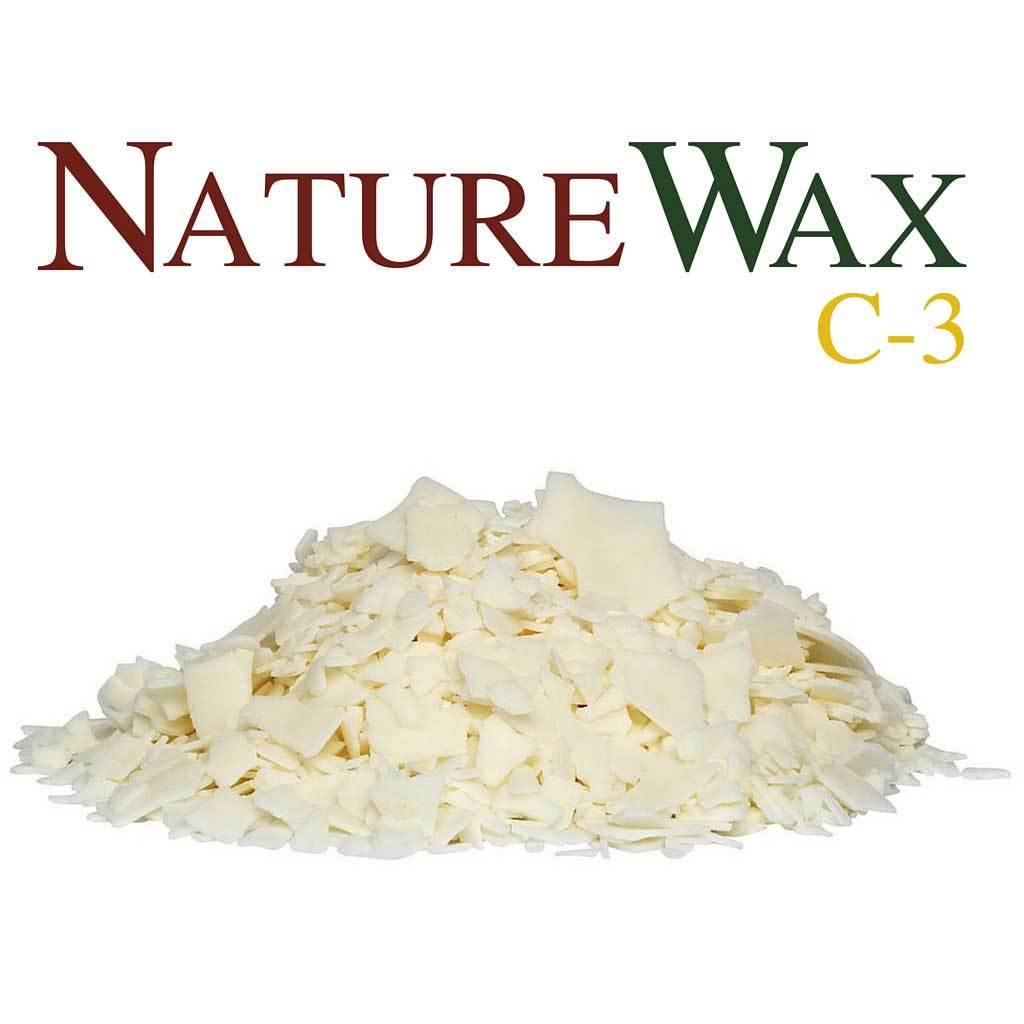
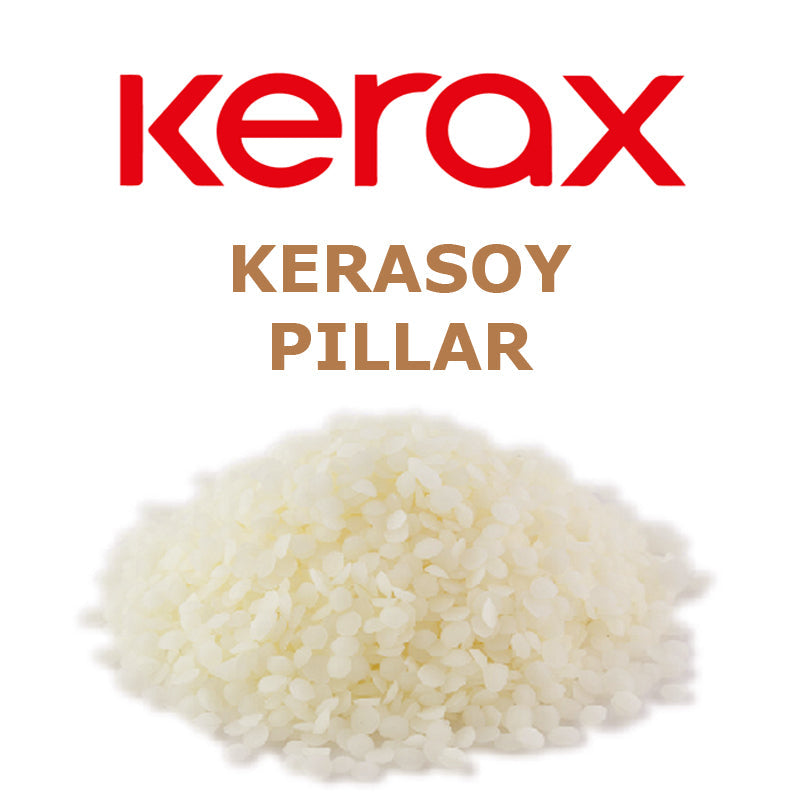
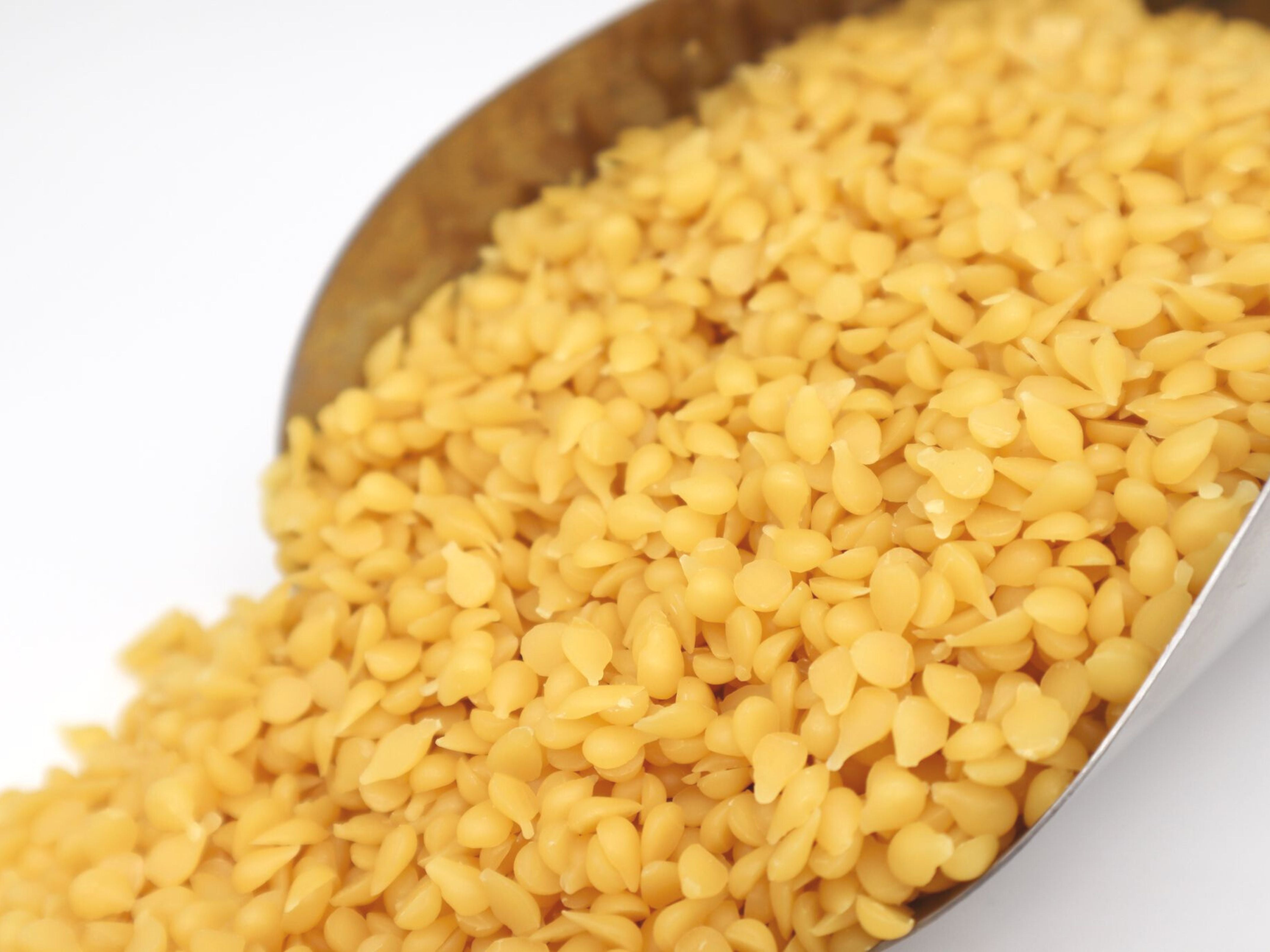
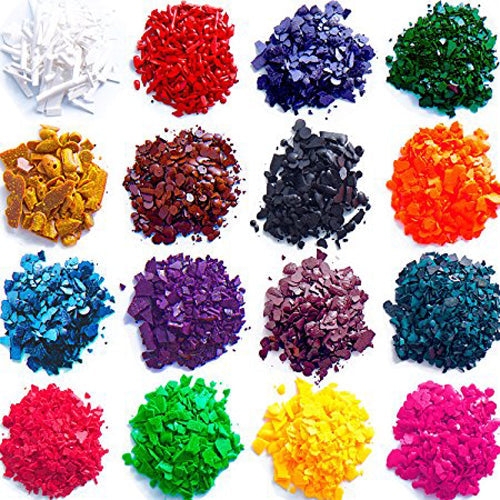
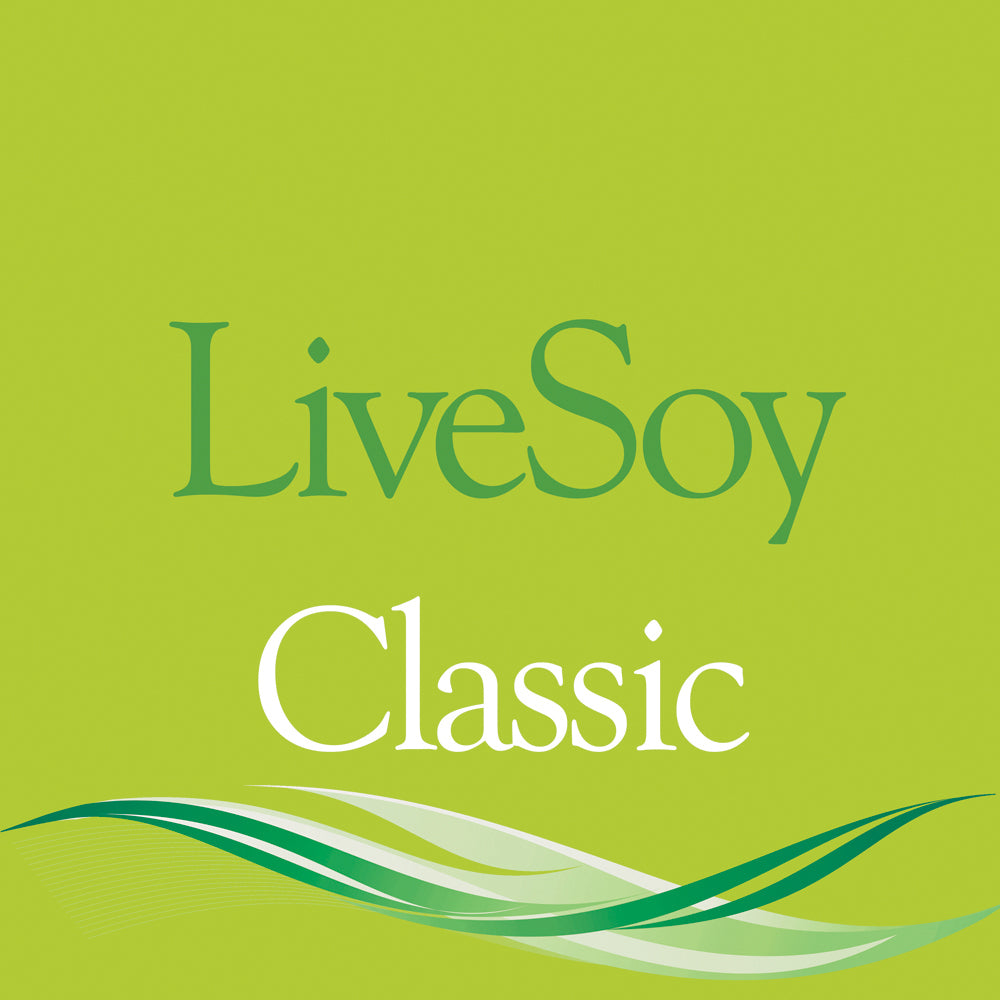
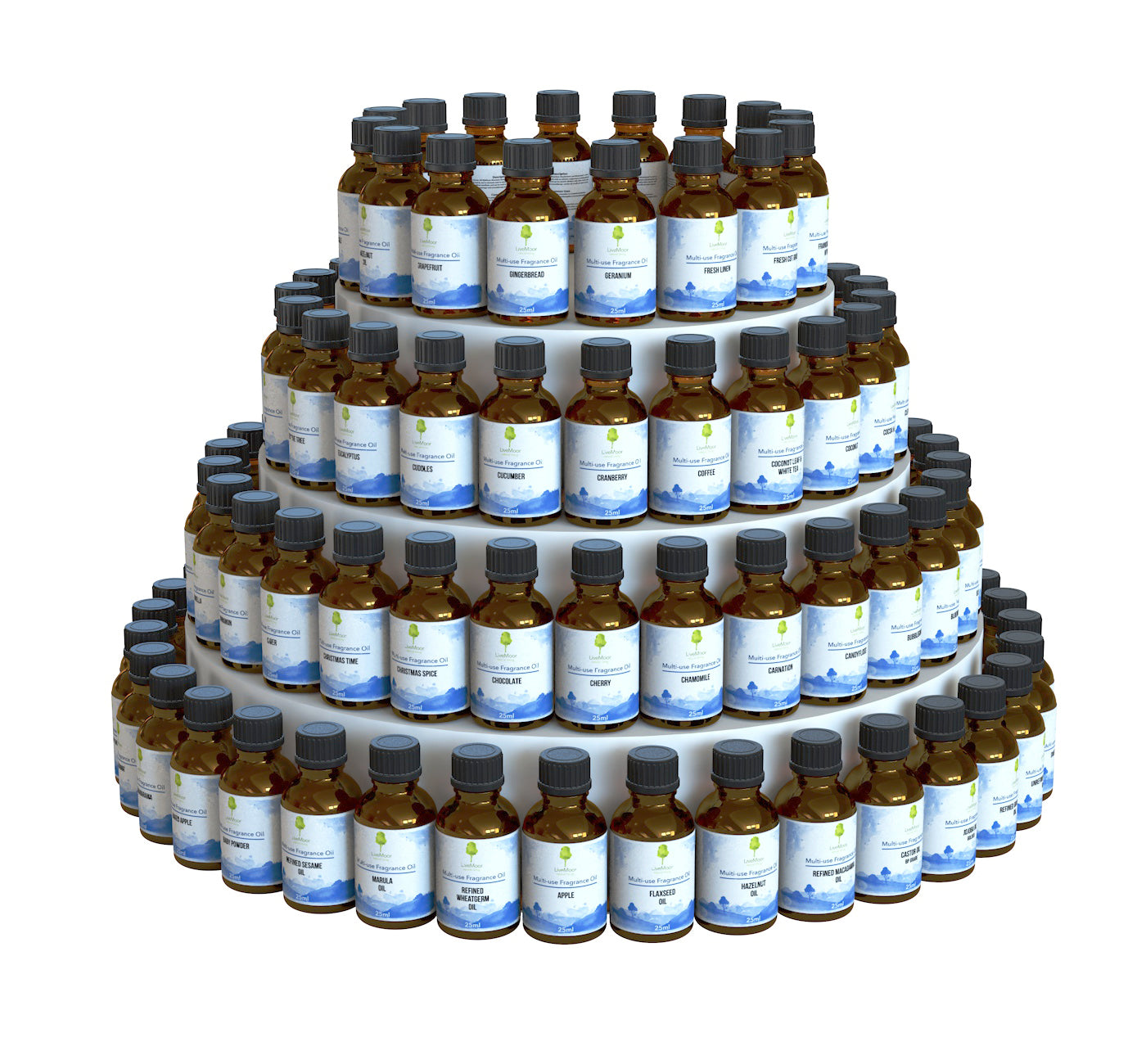
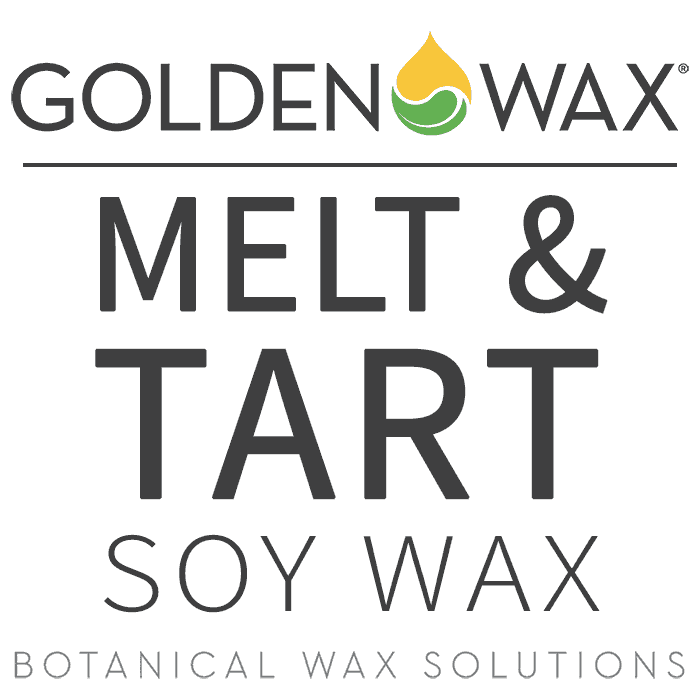
Bought to make damar varnish and encaustic medium. Nice quality, and not too much plant residue.
Into three figures of wax kilos by now and Livemoor is still really the only gig in town. And the wax is going into art, not candles…
As ever quality product …. Delivered prompt and ideal for wax wraps
Damar Resin (Lumps) - Grade A Premium Quality by LiveMoor
Great service and was well delivered
Unit 3, Anchor Buildings, Battle Road
Heathfield Industrial Estate
Newton Abbot, Devon
TQ12 6RY
Customer Service:
Phone: 01752 695220
Email: info@livemoor.co.uk
Hours: 09:00am–4:00pm. Monday - Friday (Excluding Bank Holiday's)
Company Number: 15900921
Company Name: LiveMoor Trading Limited
VAT NO: 474950654
We welcome your feedback, so please feel free to get in touch or leave us a product review.
© 2025, LiveMoor
